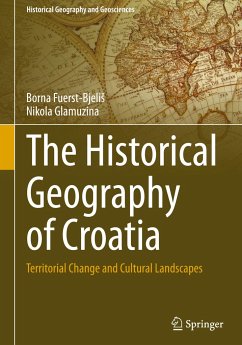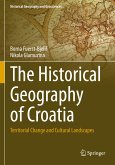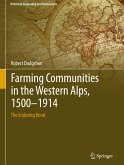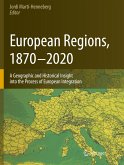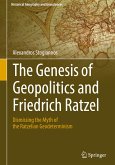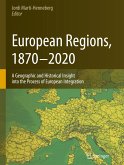This monograph gives a comprehensive but in-depth analysis of the territorial development of Croatia and historical processes of significant spatial impact. It covers the millennial time span - from prehistory till the present, through relevant periods, e.g., prehistory, antiquity, Middle Ages, period of Ottoman progression and retreat, Post-Ottoman period of development of the Central European railway network, the period of South Slavic political associations (old and new Yugoslavia), and the post-Yugoslav period of independent Croatia.
The book is highly illustrated with maps and figures. It is written by scholars from the region, based on the original research and the vast body of literature. It is one of the only books in English that interprets the overall development of the territory and cultural landscape of Croatia. Its scientific but comprehensive approach makes it of use to scholars, students and anyone interested in historical and geographicalprocesses and features of Croatia and the Balkan region.
Hinweis: Dieser Artikel kann nur an eine deutsche Lieferadresse ausgeliefert werden.
The book is highly illustrated with maps and figures. It is written by scholars from the region, based on the original research and the vast body of literature. It is one of the only books in English that interprets the overall development of the territory and cultural landscape of Croatia. Its scientific but comprehensive approach makes it of use to scholars, students and anyone interested in historical and geographicalprocesses and features of Croatia and the Balkan region.
Hinweis: Dieser Artikel kann nur an eine deutsche Lieferadresse ausgeliefert werden.

